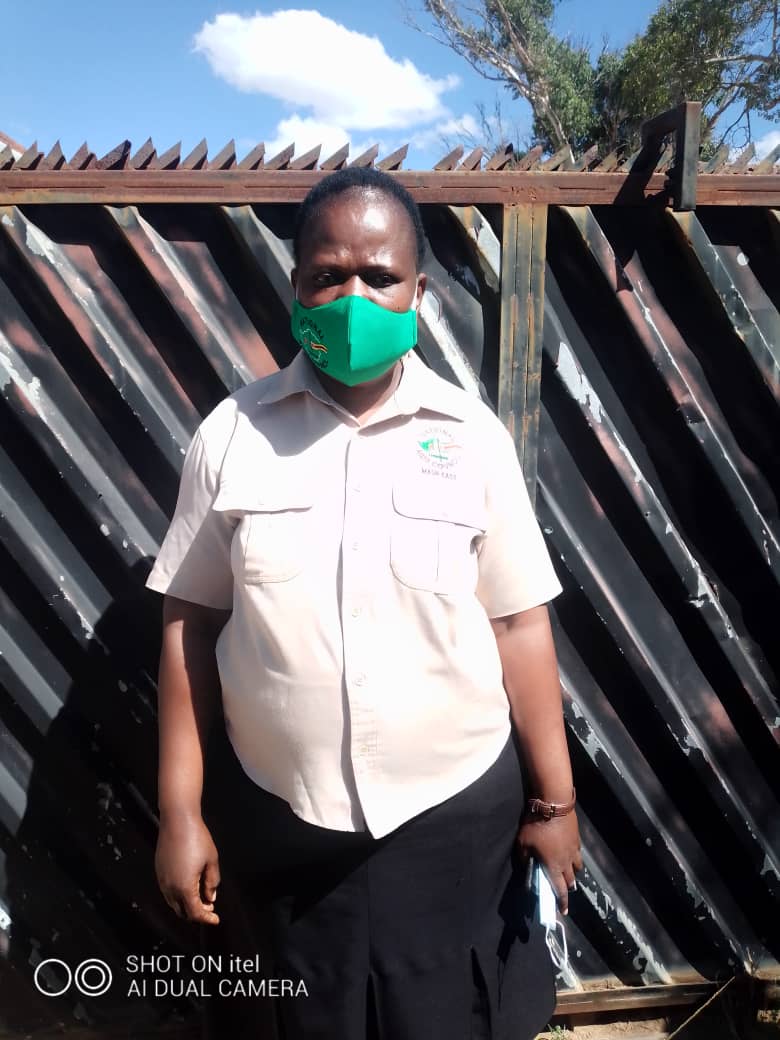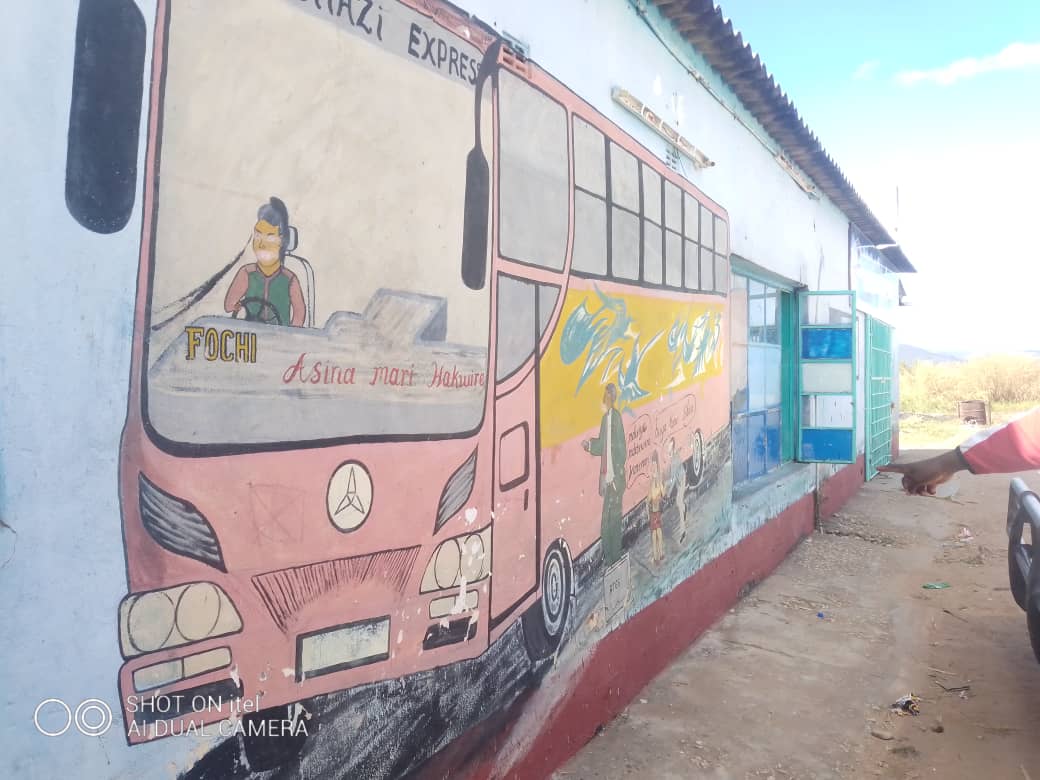|
Getting your Trinity Audio player ready...
|
The Key Affected Population Model being implemented by the National AIDS Council (NAC) is reaping huge dividends in as far as engaging sex workers in responding to HIV and sexual gender-based violence (SGBV) is concerned.
With the impacts of the COVID-19-induced lockdown wreaking economic havoc among the clientele of sex workers, the situation has gone bad to the extent that most sex workers are now barter-trading sex for basic commodities like maize meal, salt, and sugar.
Sinikiwe Chitima (not real name), a sex worker at Dema Business Centre in Seke District of Mashonaland East Province said with hard cash elusive following the hardships brought about by the COVID-19, she finds it better to resort to barter trade in order to enable her to look after her children.
“I have three children in school. The eldest is writing Ordinary Level, this year. My second-born child is doing Form 2 while my last-born is doing Grade 6. In the past, when the economy was stable, particularly during the government of national unity, sex work was lucrative. A short-time sexual session would fetch up to US$15 depending on one’s negotiating skills. The generous men, now commonly referred to as Mbinga, would pay up to US$100 for a whole night session.
“COVID-19 brought about an upheaval where the majority of our clients are now unemployed – a situation that has negatively impacted our business clientele. A short time sexual intercourse session is now as low as US$1, not enough to buy a 2kg packet of sugar. On worse nights, one can fetch just US$5 or less from four different clients. We are now offering sex in exchange for basic commodities like maize meal, salt or sugar because if we are choosy, our families will die,” Chitima said.
She revealed that the economic hardships are exposing sexual workers to multiple partners in the quest to raise money to buy basic commodities. Her colleague in the same business, Molleen Barns (not real name), said the highest bidders demand unprotected sex in exchange for large sums of money.
“On rare occasions where one can pay as much as US$100 per night for sex, most of such clients demand unprotected sex. Despite the lingering dangers associated with unprotected sex, we give in to such demands so that we can cash in on the money to look after our families,” Barns said.
In Macheke, Mashonaland East Province, a sex worker at Chibhazi Night Club complained that local male police officers were abusing sex workers by demanding unprotected sex with them in exchange for being freed when they are arrested.
“During this lockdown, police officers are strict on arresting us. They arrest us for moving without clearance letters from employers and for violating curfews. When we reveal that we won’t afford the fines, the male police officers demand unprotected sex with us for free. If we refuse to give in to their demands, we are taken to the charge office where they force us to recount our experiences in the audience of strangers and acquaintances. This violates our rights as sex workers since such interrogation should be done by the Zimbabwe Republic Police (ZRP)’s Victim Friendly Unit,” said a sex worker who chose to be identified as Muchaneta Chidzoto.
ZRP Spokesperson, Assistant Commissioner Paul Nyathi’s mobile phone was not reachable for comment. Webster Jiti, one of Harare’s most prominent lawyers, encouraged sex workers to make use of ZRP suggestion boxes to name and shame the police officers allegedly sexually molesting them to enable the law to take its course against such societal malcontents.
The sex workers face a plethora of other challenges. A majority of sex workers interviewed by this publication said they don’t have identity documents and neither do their children.
“Our appeal is for the government, through the Registry Office to roll out a program towards acquiring birth certificates and identity documents for us and our children. We humbly request the officers to relax their requirements because the majority of us failed to acquire such critical documents because we were orphans who were forced into sex work. It’s a vicious cycle because even our children are failing to acquire the national documents. As such, they won’t be able to sit for national examinations,” said a sex worker who identified herself as Sugar Kutapira.
Florence Zvisinei Nyandoro, the Seke District Aids Coordinator under the National AIDS Council said the Key Affected Population Model’s ultimate aim is to reduce new HIV infections among sex workers.

“We link these sex workers to HIV prevention services. Our peer educators identify the girls and young women with various needs including but not limited to anti-retroviral therapy, and SGBV counselling. Each peer educator has a caseload of between 25 to 30 girls and does a risk assessment for each of them.
“We use a manual called Sisters With A Voice that comprises topics on body mapping, SRHR, PMTCT, proper condom use, and financial awareness, among others. We emphasise the fact that antiretroviral therapy suppresses the viral load, and thus reduces the chances of spreading the virus to sexual partners,” Nyandoro said.
The early detection and treatment of sexually transmitted infections are also encouraged. According to the subnational estimates of 2019, Seke District had a prevalence rate of 12, 7%. There are calls to include men in HIV awareness programmes. Nyandoro paid tribute to First Lady Auxillia Mnangagwa for pledging to set aside a farm to accommodate 50 female sex workers who will be trained to run income-generating agricultural enterprises.






